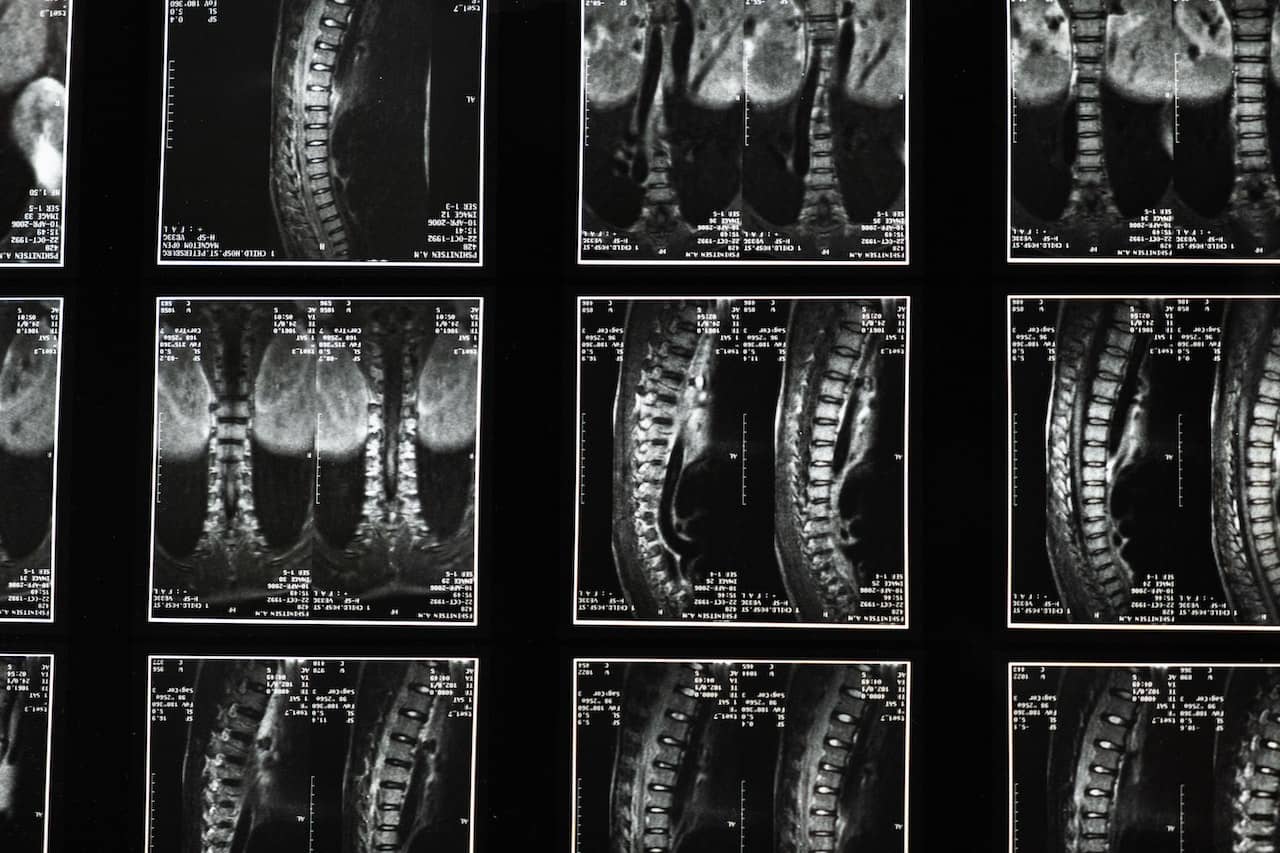Trauma can manifest in many forms, leaving indelible marks on those who experience it. One particularly complex and challenging intersection of physical and psychological trauma occurs when an individual suffers a spinal cord injury (SCI). In this article, we will delve into the world of Post-Traumatic Stress Disorder (PTSD) and how it intertwines with the often life-altering consequences of spinal cord injuries. We will walk you through how best to approach making a serious injury claim.
Understanding the Most Common Cause of Traumatic Spinal Cord Injury
Before delving into the intricacies of PTSD and spinal cord injuries, let’s first grasp the most common cause of traumatic spinal cord injuries. These injuries often result from accidents and falls, but the leading cause varies by region. In the UK, for instance, road traffic accidents represent the most frequent cause. These catastrophic incidents can lead to severe trauma, both physically and emotionally, for those involved.
When a person sustains a spinal cord injury in an accident, they not only have to grapple with the immediate physical ramifications but also the potential long-term emotional effects. This is where Post-Traumatic Stress Disorder comes into play.
Unpacking Post-Traumatic Stress Disorder (PTSD)
Post-Traumatic Stress Disorder is a mental health condition that can develop after a person has experienced or witnessed a traumatic event. The hallmark of PTSD is the persistent re-experiencing of the traumatic event through distressing thoughts, flashbacks, or nightmares. It can also lead to avoidance of situations that serve as reminders of the trauma, negative changes in mood and thoughts, and heightened arousal.
Now, let’s imagine a scenario: You were involved in a car accident that left you with a spinal cord injury. The intense crash, the immediate pain, and the sudden change in your life can be overwhelming. The fear, helplessness, and horror of the accident are etched into your memory. It’s in the aftermath of such a life-altering event that PTSD can rear its head.
The Mental Health Challenges After a Spinal Cord Injury
The mental health challenges that often follow a spinal cord injury can be as profound as the physical ones. Here, we’ll discuss some of the common psychological issues that individuals with SCI may encounter:
Depression
Depression is a formidable adversary that can emerge after a spinal cord injury. The loss of mobility and independence, coupled with the challenges of adapting to a new way of life, can lead to overwhelming feelings of sadness, hopelessness, and despair.
Anxiety
Anxiety often walks hand in hand with depression. The uncertainty of the future, the fear of complications, and the anxiety over how society perceives individuals with disabilities can create a constant state of worry.
Isolation and Loneliness
Spinal cord injuries can sometimes lead to physical limitations that restrict one’s ability to engage in social activities. The resulting isolation and loneliness can exacerbate mental health issues and contribute to a sense of alienation from the world.
PTSD and Reliving the Trauma
As previously mentioned, PTSD can be a significant concern for individuals who have experienced a traumatic event such as a spinal cord injury. They may relive the accident through intrusive thoughts and nightmares, making it difficult to move forward.
Substance Abuse
In an attempt to cope with the emotional pain and stress, some individuals turn to substance abuse, which only compounds their problems and can lead to a cycle of addiction.
These mental health challenges, when combined with the physical limitations of a spinal cord injury, can create a perfect storm of emotional distress. It is vital for healthcare professionals, friends, and family to recognise and address these issues promptly.
The Importance of Timely Intervention
Recognising and addressing the mental health challenges that can arise after a spinal cord injury is of paramount importance. Timely intervention can make a significant difference in a person’s quality of life and overall well-being.
Therapy and Counseling
Therapy and counselling play a pivotal role in helping individuals with SCI and PTSD. Cognitive-behavioural therapy (CBT) and exposure therapy are commonly used approaches to address PTSD symptoms. Additionally, supportive counselling can help individuals navigate the emotional challenges that accompany spinal cord injuries.

Medication
In some cases, medication may be prescribed to manage the symptoms of PTSD and associated conditions like depression and anxiety. These medications can provide relief and stability while individuals engage in therapy and rehabilitation.
Support Groups
Support groups can be invaluable for those living with spinal cord injuries and PTSD. Sharing experiences and strategies for coping with the challenges of both physical and psychological recovery can foster a sense of belonging and understanding.
Holistic Approaches
Holistic approaches, such as yoga, meditation, and mindfulness, can complement traditional therapy and provide tools for managing stress and anxiety.
Making a Serious Injury Claim with National Claims
If you or a loved one has suffered a spinal cord injury due to a traumatic event like a car accident, seeking justice and compensation may be a crucial step in your journey toward recovery. National Claims, a reputable UK-based firm, specialises in helping individuals navigate the complexities of serious injury claims.
We understand the unique challenges that come with spinal cord injuries and the potential development of PTSD. Our experienced claims specialists can guide you through the claims process of making a serious injury claim, ensuring that you receive the support and compensation you deserve. They work tirelessly to ease the financial burden of medical expenses and rehabilitation, allowing you to focus on your physical and emotional recovery.
Conclusion
The journey of individuals who have experienced spinal cord injuries is one of resilience and strength. However, it is crucial to acknowledge and address the mental health challenges that can accompany these life-altering events. Post-Traumatic Stress Disorder, in particular, can cast a long shadow, affecting not only the injured individual but also their loved ones.
By understanding the interplay between PTSD and spinal cord injuries and by offering timely and comprehensive support, we can help those affected find a path to healing and recovery.
If you find yourself in a situation where you or someone you care about is dealing with a spinal cord injury and the potential onset of PTSD, don’t hesitate to seek professional help and legal guidance. National Claims are here to assist you on your journey to recovery and justice. Remember, there is strength in seeking support and taking proactive steps toward a brighter future.
Contact us to start your claim with one of our friendly claims specialists today.
Click below to see why we are one of the most trusted claims management companies in the UK.

We’re proud of our excellent customer reviews
We thrive on delivering exceptional service and ensuring our clients’ satisfaction. Don’t just take our word for it. Check out some of our independent reviews to see what our clients have to say.
Excellent

This firm is excellent, they sorted out my car pay out and injury claim very fast, they always communicate with you all the time.

My accident case was dealt with confidence and with great result of the outcome, especially James kept me informed all the time.

I was very impressed at the way my inquiry was treated. I was listened to attentively and everything I needed to know was explained to me.






